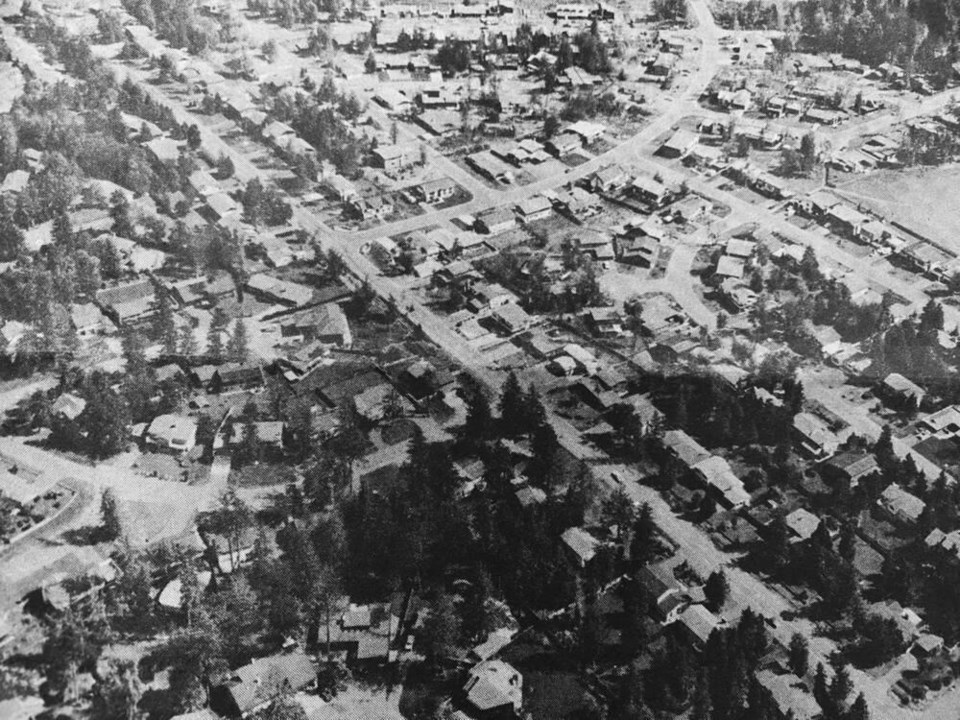Let’s head back to the March 1974 pages of the Optimist when city alderman Lorne Carmichael wrote a guest editorial explaining the benefits of Delta’s land use contracts.
Carmichael explained that, previously, any land zoned for housing or industrial development could only be controlled through the prevailing zoning and subdivision bylaws. That meant council “had virtually lost control of development and was powerless to control problems that were developing with essential services: mainly water and sewer.”
He noted that if there were inadequate services to a site for development, the developers under the land use contracts had to improve the services to that subdivision.
“It is not possible for the subdivider to pay for all the services required, but the major costs can be realized so that the already heavily taxed homeowner will not be burdened with the entire costs,” he wrote.
Carmichael also explained that services such as utilities may be charged to a developer, but there were also other monies needed for schools, parks, recreational facilities, police, fire protection and administration. Those costs could be covered under levies imposed in a land use contract.
Fast forward several decades and almost every Delta council agenda has an application involving a discharge of an old land use contract for a house.
The various applications usually involve proposals to add secondary suites within single-detached houses or constructing a new house with a basement suite.
While basement suites are now permitted in most zones as long as they meet current zoning requirements, properties that have land use contracts in many instances aren’t permitted to have them.
The land use contract legislation was repealed in 1978 and no new contracts could be created.
However, the existing contracts signed by the developers in the 1970s have remained in place.
There are still thousands of legally binding agreements registered on house titles that remain frozen in time.
In recent years, Delta has updated its zoning bylaws, but the old land use contracts still supersede them, regardless of whether the contracts conform to new zoning standards.
Those contracts on properties vary with some more restrictive than current zoning and others less restrictive, especially on things like setbacks, height and massing.
Council in 2017 decided to take advantage of new provisions under the Local Government Act that allow cities to automatically expire all old contracts by June 30, 2024.
That means all of the properties will soon revert to whatever the current zoning is in place for their areas.



